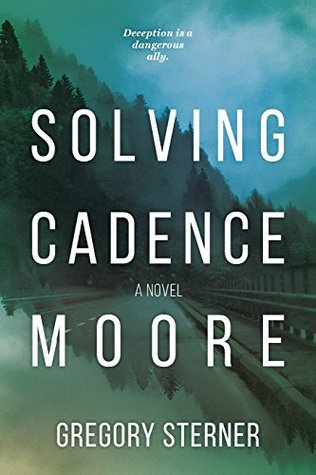Book Review (ARC): The Vanishing Season by Joanna Schaffhausen

This is an elegant and gruesome beginning to what looks to be a promising series by Joanna Schaffhausen. Although the plot itself isn’t the most surprising, the prose is lovely – there are enough singular touches, character developments and imaginative turns-of-phrase to hit my thriller sweet spot.
Ellery Hathaway is a great heroine. Scarred both physically and emotionally from being the last “victim” / survivor of a particularly brutal serial killer, Ellery has changed her name, joined a small police force, adopted an adorable dog and is fighting to not only move on from her past, but learn from it. Three people have disappeared in the town where Ellery lives – and they’ve all vanished in the first week of July, year after year. It’s too much of a coincidence for the young police officer, but neither her superior nor her colleagues believe there’s enough to raise an investigation, so Ellery goes looking for help elsewhere.
That help comes in the form of Reed Markham, the FBI agent who found Ellery in the killer’s blood-streaked closet all those years ago. Washed up and battle-scarred, Reed is wary of getting involved, but helpless to stay away. When he arrives, it becomes clear that the vanishing season is only just beginning…
As I said above, this is lovely, atmospheric, tense and kinda gross, which I appreciate. Endless ickiness is one thing, and gets exhausting, but when authors are just merrily going along and then hit you with the truth of the matter (ie: farm tools), it’s like a sledgehammer to the gut, and it’s hugely effective. Schaffhausen is excellent at these kinds of moments, and it provides a real darkness that underpins the story.
Even when you’re marveling at how damn cute Ellery’s dog is, you can just feel that rotten river, flowing beneath, sucking all the light in its path.
By the way, her dog lives.
As all good dogs should.
Thank you to NetGalley for the ARC in exchange for an honest review. I appreciate it!
